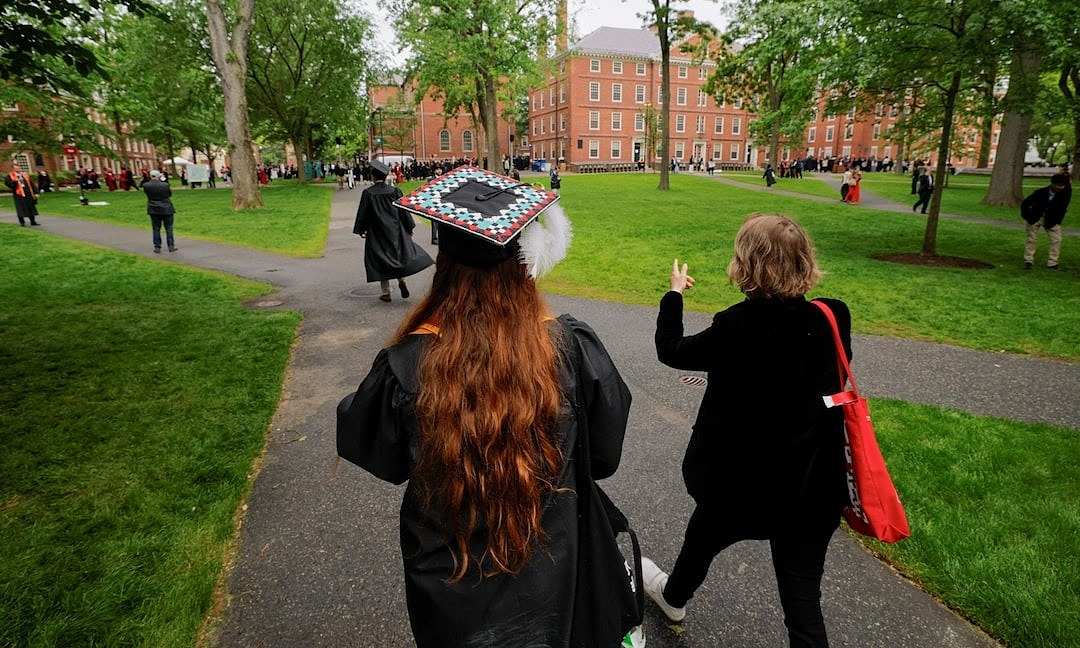
Dreams Deferred: How US Travel Restrictions Impact International Students
For many international students, the dream of studying in the United States represents a gateway to unparalleled educational opportunities and a brighter future. However, recent travel restrictions have thrown these aspirations into disarray, leaving thousands stranded and uncertain about their academic futures. These policies, enacted under the premise of national security, have disproportionately affected students from specific countries, disrupting carefully laid plans and forcing them to reconsider their educational paths.
The Human Cost of Travel Bans
Bahara Saghari, a young woman from Afghanistan, exemplifies the challenges faced by these aspiring scholars. With the Taliban's restrictions on female education in her homeland, Saghari dedicated years to mastering English, hoping to pursue a business administration degree at a liberal arts college in Illinois. Her acceptance felt like a dream realized, only to be shattered by travel restrictions. "You think that finally you are going to your dream, and then something came up and like, everything's just gone," she lamented.
Saghari's story is not unique. Thousands of students from countries facing travel bans or heightened visa scrutiny have invested significant time and money in pursuing American education. Many are now grappling with visa delays, rejections, or the agonizing decision to abandon their plans altogether.
Visa Delays and Increased Scrutiny
Beyond outright bans, increased scrutiny and delays in visa processing have also deterred international students. The implementation of stricter vetting procedures has created significant logjams, preventing many accepted students from arriving on American campuses. This uncertainty, coupled with a broader crackdown on immigration, has led some to have second thoughts about pursuing education in the U.S.
Last year, the State Department issued thousands of F-1 and J-1 visas (used by foreign students and researchers) to individuals from the affected countries. However, the current climate has created a sense of instability and apprehension, making it increasingly difficult for students to navigate the complex visa process.
The Allure of American Education
Despite these hurdles, the U.S. remains a top choice for many international students, particularly those seeking advanced research opportunities. Pouya Karami, a student from Iran, focused his college search exclusively on the U.S., drawn by its unparalleled research facilities in science. He had planned to study polymer chemistry at Pittsburg State University in Kansas but had to defer his admission due to the travel restrictions. Undeterred, Karami continues to prepare for his embassy interview and advocates for a reconsideration of the travel ban's impact on students. "I'm doing everything I can about it," he stated, highlighting the unwavering determination of many students to pursue their American dreams.
Justifications and Concerns
The travel restrictions were initially justified on the grounds of national security, with claims of high visa overstay rates and concerns about security threats emanating from certain countries. Critics argue that these policies unfairly target entire populations based on nationality, undermining the principles of academic exchange and international collaboration.
The Ripple Effect on Families and Communities
The impact of these restrictions extends far beyond individual students. In many cases, entire families have invested their hopes and resources in a student's education abroad. For example, the family of Gu Gu, a student from Myanmar, prioritized his education above all else, saving their earnings to send him to college in the U.S. His acceptance to the University of South Florida was a moment of immense celebration, quickly followed by disappointment when news of the travel ban emerged.
Gu Gu's story is particularly poignant given the political turmoil in Myanmar. With many of his peers being drafted into the military or joining resistance groups, he had looked forward to the simple freedoms of life in the U.S. The denial of this opportunity has been deeply disheartening.
Exploring Alternative Pathways
Faced with closed doors in the U.S., many students are now exploring alternative educational opportunities in other countries. Saghari, the student from Afghanistan, applied to universities in Europe after her plans for studying in the U.S. fell through. While she has been accepted to a Polish university, she faces challenges in validating her high school degree.
Amir, an Iranian graduate who had secured a position as a visiting scholar at the University of Pennsylvania, was also unable to travel to the U.S. He continues his research in Tehran but feels the sting of missing out on a fully funded opportunity. While his professor has postponed his appointment, Amir is also considering research opportunities in Europe, acknowledging the potential need to learn a new language.
A Loss of Idealism
The travel restrictions have had a profound impact on the perceptions of many international students. As Amir articulated, the experience has led to a loss of idealism. "You lose this idealistic view of the world. Like you think, if I work hard, if I'm talented, if I contribute, I have a place somewhere else, basically somewhere you want to be," he said. "And then you learn that, no, maybe people don't want you there. That's kind of hard to deal with it."
These sentiments underscore the broader implications of travel restrictions on international relations and the perception of the U.S. as a welcoming destination for talented individuals from around the world. The long-term consequences of these policies remain to be seen, but they undoubtedly pose a challenge to the future of international education and collaboration.


No comments:
Post a Comment